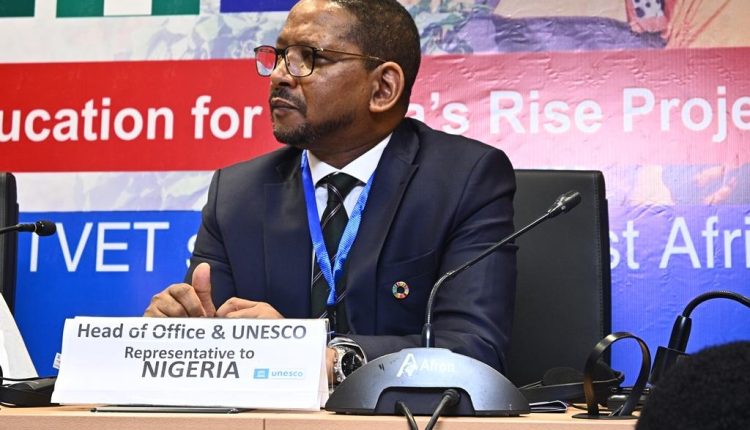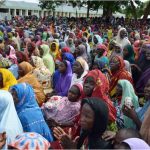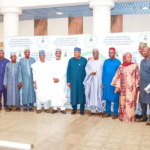The United Nations Educational, Scientific, and Cultural Organization (UNESCO) and the Korean government have launched the Better Education for Africa’s Rise (BEAR III) initiative to give young people in West Africa a better chance of finding work and to promote capacity building for self-employment.
The collaborative project seeks to develop the technical and vocational education and training (TVET) systems in the beneficiary nations.
Governments around the world are facing a labor shortage in a variety of economic domains due to aging populations.
With approximately 30% of the population in some countries and a 75% deficiency in highly trained personnel, this necessitates concerted efforts to close the regional unemployment gap.
Speaking at the project inauguration in Abuja, Nigeria, UN Resident Coordinator Dr Walter Mulombo, who is also the World Health Organization (WHO) Representative in Nigeria, stated that education is an effective tool for achieving sustainable development.

Skills development for increased productivity and decent job is a priority that Africa countries should pursue as part of efforts to attain the Africa we want.
This is pertinent as it is evident that Africa’s population is on the rise, but the economic situation is not measuring up to the demands of this expansion.
This growing population are predominantly young people whose redundancy poses greater risk to the society.
It therefore becomes important to promote multidimensional response to meaningfully engage young people by exposing them to relevant skills that will result in decent job and economic growth.
In view of this reality, it is important to visit the various priority development programs developed/revised recently by African countries, and concretely establish the fact that they cannot deliver the ‘Africa we want’ if the TVET sector, which is a propeller of knowledge and skills development is not boosted”.
The Head of Office, UNESCO, Mr Abdourahamane Diallo, said promoting inclusive growth and giving chances to youngest people in Africa is essential in closing the skill gaps in the informal sector.
According to Sierra Leone’s Minister of Technical & Higher Education, Dr Haja Ramatulai Wurie, the success of the BEAR project is paramount to achieving the SDGs.
The BEAR project in Sierra Leone, is aimed to enhance productive, promote sustainability and create opportunities for global livelihood.
Nigeria’s Minister of Education, Professor Tahir Maman, emphasised on the need for all stakeholders to take skill development as a priority.
The third phase of the BEAR project will be implemented in four new beneficiary countries in West Africa, which includes Nigeria, Ghana.
Sierra Leone and Ivory Coast, from 2023 to 2027, building on the positive outcomes of the BEAR ii project that was implemented in five Eastern countries.














